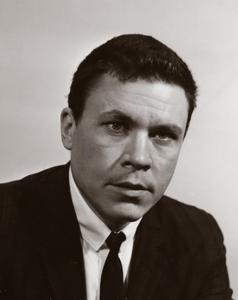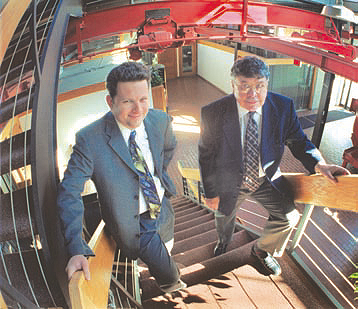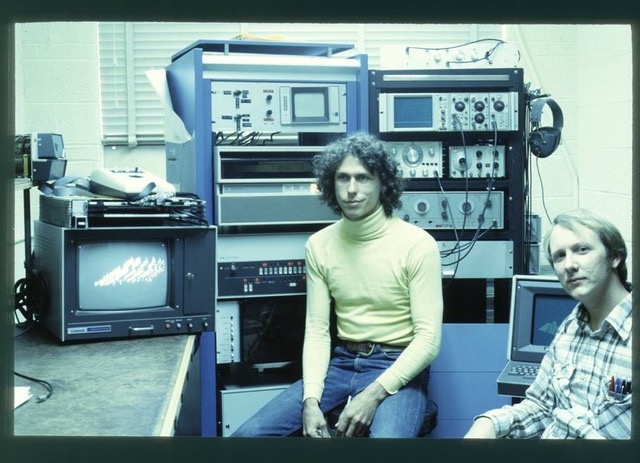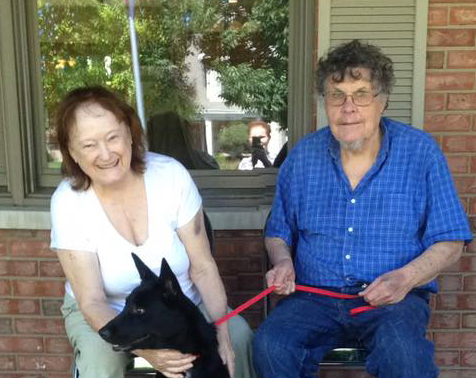William J. Williams (1935 – 2020): In Memoriam

 Enlarge
Enlarge
William J. Williams, professor emeritus of Electrical Engineering and Computer Science, passed away December 6, 2020, at the age of 85.
Prof. Williams is internationally recognized for his contributions to the development and application of signal processing in biomedical engineering and biology. He made seminal contributions to the theory and practice of time-frequency signal analysis. His methods and algorithms have been used to study such diverse phenomena as whale sounds, epileptic seizures, gear noise, and machine tool chatter in manufacturing operations.
Professor Williams’ research crossed the traditional boundaries between the scientific, engineering, and biomedical communities. From his earliest years at the University, he worked to develop an academic and research program in bioelectrical systems and sciences, which had a significant impact on the development of the bioengineering program in the College of Engineering. He also had close relationships with the University’s neurology and the psychiatry departments. As a visiting scientist in Physiology at Johns Hopkins University, he enjoyed his research on whale and dolphin communication at Woods Hole Oceanography Institute.

 Enlarge
Enlarge
The author of several patents, Williams retired in 2001 to focus on the startup company Quantum Signal, which he founded with alumnus Dr. Mitch Rohde a year earlier. In 2019, the company was acquired by Ford Motor Company to support their goal of driverless cars; it is now named Quantum Signal AI.
Professor Williams received his B.E.E. degree from The Ohio State University in 1958, his M.S. and Ph.D. degrees in electrical engineering from the University of Iowa in 1961 and 1963, respectively, and his M.S. degree in physiology from the University of Michigan in 1966. He joined the University of Michigan faculty in 1965 as an assistant professor and was promoted to associate professor in 1969 and to professor in 1973.
He was named an IEEE Fellow for his contributions to time-varying spectral analysis.
Dr. Rohde shared these memories of his treasured colleague:
Bill Williams’ most famous efforts were in the area of Time Frequency Analysis, and often he worked with and applied something called a “kernel.” When I think about Bill, I think of who he was, deep inside – his kernel.
Bill was a brilliant, dedicated, insightful engineer who brought a keen intellect and a farmer’s can-do attitude to his chosen area of signal processing, and he knew and evangelized the power of algorithms to overcome challenges long before it was cool.
Not only did he provide guidance to thousands of future engineers through his days at U-M, but in his retirement he helped co-found a company that provided awesome job opportunities to hundreds of young engineers and built a legacy across scores of engineering projects of all shapes and sizes.
Perhaps most importantly, Bill was a kind, gentle man who always cared about his family, his students, and his colleagues, and was always generous with his time and energy – the kind of engineer and person that we all aspire to be. Bill was, and will always be, my friend, and the world is indeed a dimmer place without him.

 Enlarge
Enlarge
Dr. Martin Piszczalski (PHD 1986) recalled working in Williams’ lab in the 1970’s.
“Prof. Williams played a big role in my research – studying musical signals & turning them into music notation,” said Piszczalski. “I was a young kid who asked permission in the 1970’s to use the Bioelectrical Sciences computer. Prof. Williams heartily agreed. I spent 100’s of hours in that tiny room. That work led to & supported a plethora of publications & grants. These were in the areas of acoustics, humanities, psychology, electrical engineering, audio engineering, computer music, etc. I’ll miss you Prof. Williams.”
Alongside him in the lab is Dr. Robert Bossemeyer (PHD 1981). The computer screen displays John Coltrane music after signal analysis.

 Enlarge
Enlarge
Prof. Williams’s wife, Carol, passed away May 2020. They enjoyed 59 years together. He is survived by his daughters, Gwen E. Williams and Sarah E. Rock; six grandchildren; two great grandchildren; his sister Cora Margaret and her husband Roger Baker; and his great aunt Margaret Hunter.
Private services were held Saturday, December 12, at the Tribute Funeral Home website beginning at noon.
See also: Dr. William J. Williams: 1935-2020 (Obituary on MLive)
 MENU
MENU 
